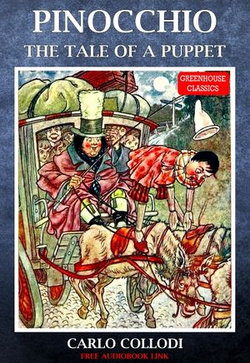"AHERE seems to be no game more beloved of children in all lands and all times than the one called Pretend. Toy soldiers for the boy, and dolls — few or many — for the girl supply the only raw material required to play this, for of course the charm of the game lies largely in the imagination of the doughty captain who endows his men with life and ability to go through exciting manoeuvres ; and in that of the miniature mother who directs so wisely the behavior of her family.
After we grow up we are astonished to learn that this game originated with the old Greeks hundreds of years back, who used to make little jointed puppets of wood or cardboard representing men and women, moving them about in a life-like fashion which was hugely entertaining to both old and young. So popular was the game that soon the Romans wanted to play, too, and then later on the Italians, French and English made puppets for their countries, only they called these little figures marionettes.
Shakespeare alludes to this form of diversion in his plays, as do other distinguished writers of those times, The beautiful opera Faust really owes its existence to the marionette-play by the same name which for many generations delighted the German people and gave Goethe the idea for his opera. And who can doubt but that the wonderful mechanical doll Ophelia in Offenbach's operatic masterpiece. The Tales of Hoffman, is a direct descendant of those primitive puppets?
In Italy puppet-plays have survived up to the present, having reached a quite high degree of artistic perfection. In our own country the most familiar street puppet-show is Punch and Judy — not forgetting their delectable baby — and wherever this appears it never fails to draw shrieks of laughter from the audience.
Pinocchio is by all odds the best puppet story to be found anywhere, and we sigh in sympathy with the funny little chap's scrapes and punishments, or chuckle at his pranks, while we feel like exclaiming, " Why, how much Pinocchio must have been like me! "
The author of this captivating tale, Signor Lorenzini, or " Collodi " — as he liked to call himself after his native town in Italy — lived during the Nineteenth Century (1826-90) and devoted himself to writing and education, believing that one pleasing way to teach was through the puppet-plays.



Share This eBook: